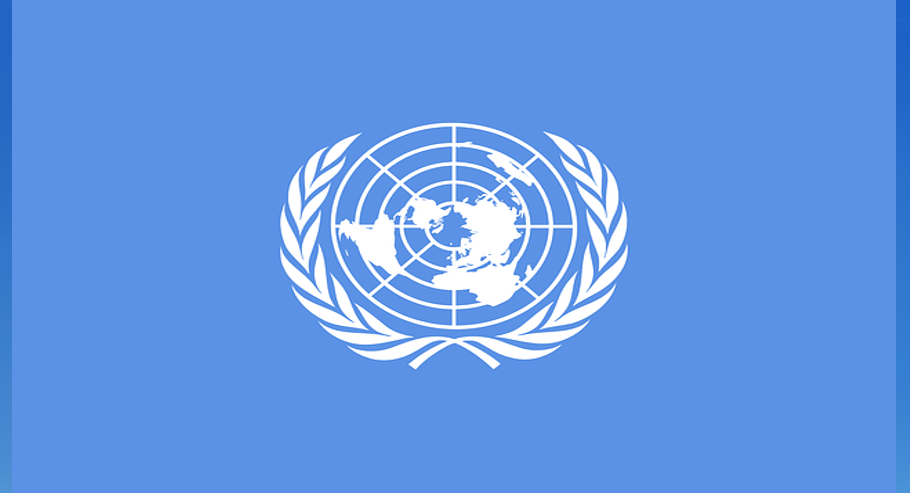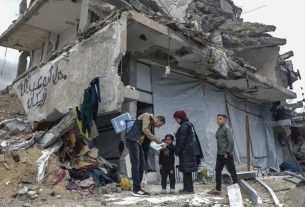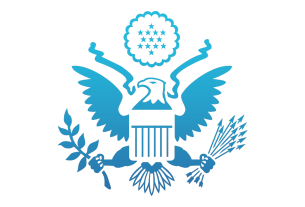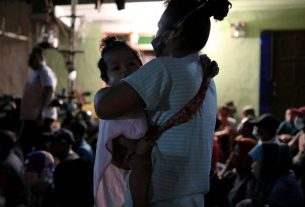United Nations experts have called for an immediate and impartial investigation into reports of summary executions and enforced disappearances in Mali, warning that such acts may constitute war crimes and crimes against humanity.
The UN’s call follows the discovery of dozens of bodies near the Kwala military camp in the Koulikoro region between April 21 and 22, 2025. These individuals were reportedly arrested by Malian soldiers and Russian mercenaries from the Wagner Group on April 12 in Sebabougou, a village in southwestern Mali. According to survivors, the detainees were subjected to torture and interrogation before being executed. The victims were predominantly ethnic Fulani men, a group that has faced systemic stigmatization due to associations with Islamist militant groups in the region.
UN experts have expressed grave concern over the apparent impunity surrounding these incidents. They have urged Malian authorities to conduct prompt, effective, thorough, independent, impartial, and transparent investigations into these killings and enforced disappearances, in accordance with international law. The experts also emphasized the importance of recovering, documenting, and respectfully returning the victims’ remains to their families. This process is integral to ensuring accountability and providing reparations to the victims’ families.
The Malian military has confirmed conducting operations in the Sebabougou and Kwala areas between April 11 and 15, 2025. However, the government has not publicly addressed the allegations of unlawful killings or enforced disappearances. The UN experts have offered technical forensic assistance to the Malian authorities and are awaiting a formal response.
This incident is part of a broader pattern of human rights violations in Mali. In January 2025, UN experts condemned the arbitrary executions of at least ten people in the Mopti region, reportedly carried out by Malian armed forces and Wagner Group personnel. The victims’ bodies were found buried or discarded in wells, and the Malian military initially dismissed the allegations as “false.”
Amnesty International has also documented a growing trend of enforced disappearances being used as a means of repression by military regimes in West Africa. The organization confirmed that military authorities have resorted to enforced disappearances and unlawful detentions to silence dissenting voices.
The international community continues to monitor the situation closely, urging Malian authorities to uphold their obligations under international human rights law and ensure accountability for these alleged violations.



